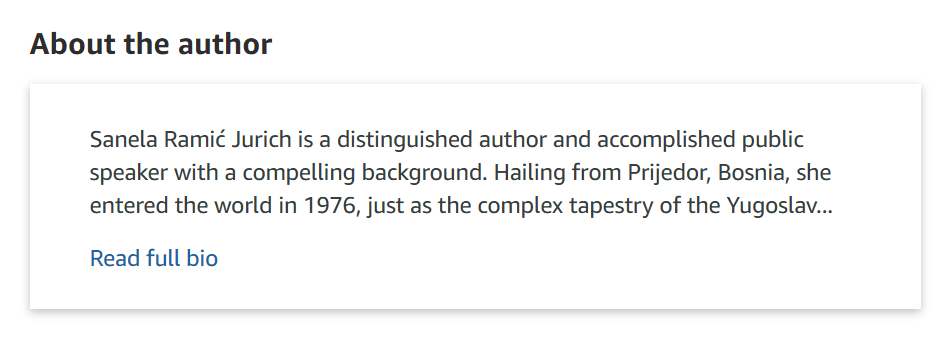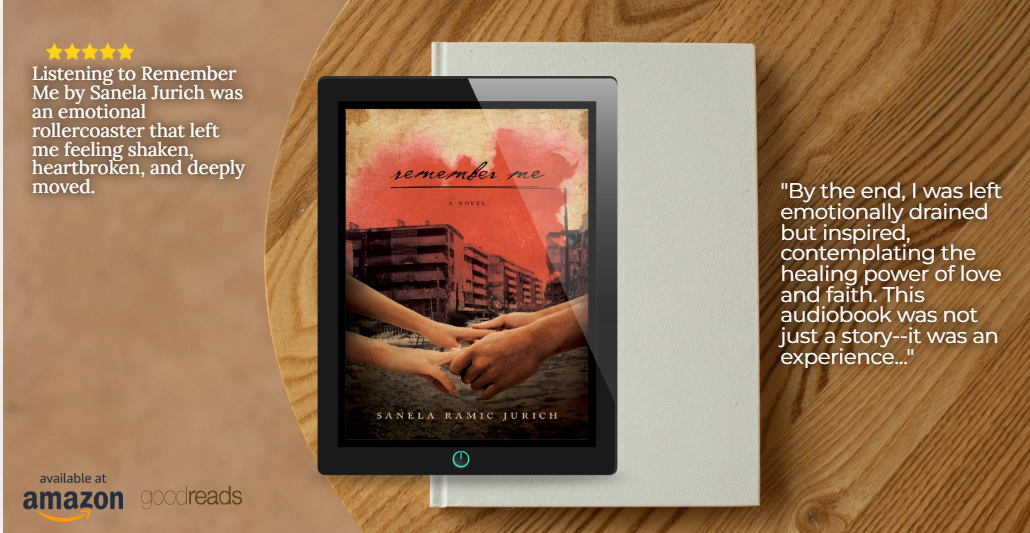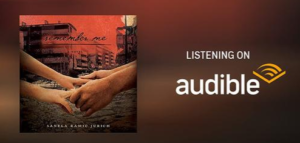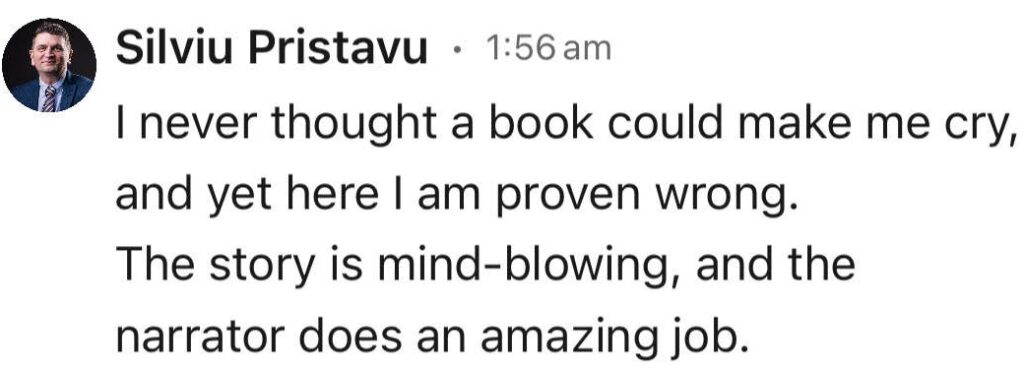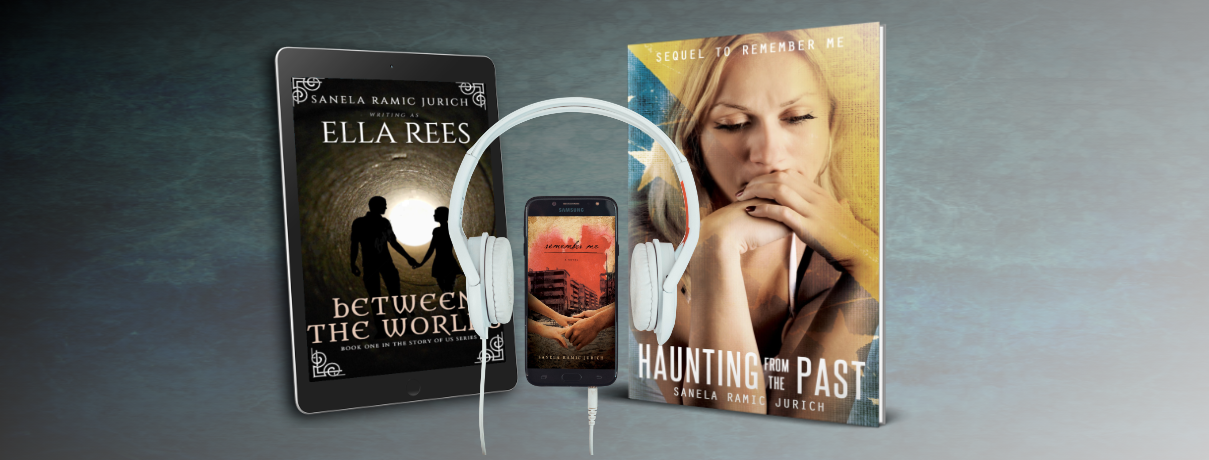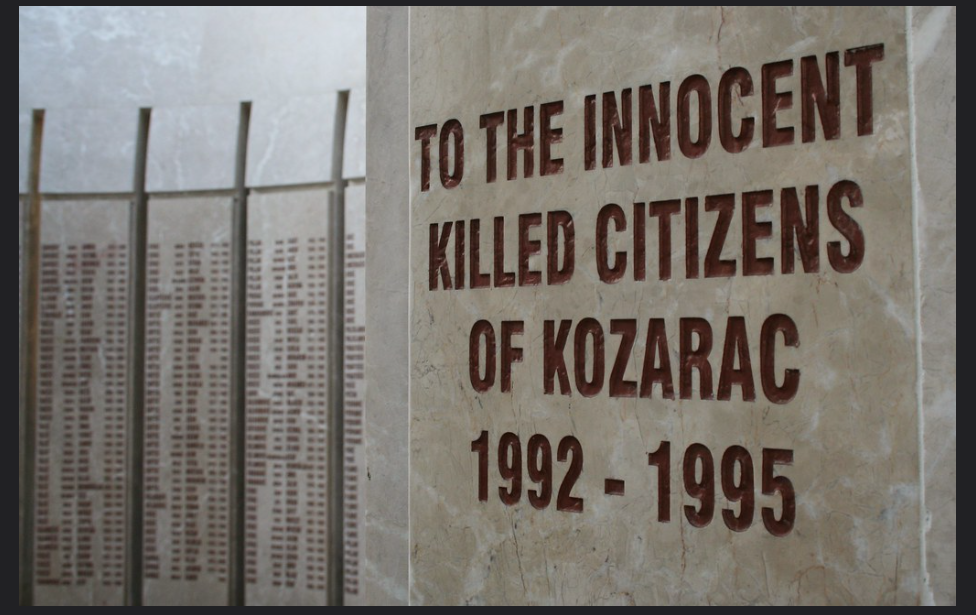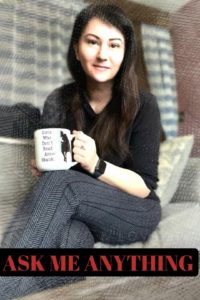“Strength doesn’t always roar; sometimes it is the silent carrying of another through the storm.” — Unknown
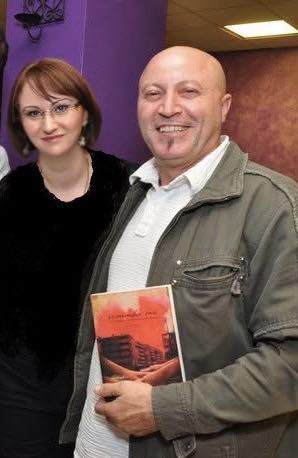
May he rest in peace
I am writing this post with a heavy heart.
Today, I lost my uncle to cancer. He fought bravely, with everything he had, but in the end, the illness took him.
He was only 58 years old.
My uncle Acha was a warrior all his life. He fought for the good of everyone around him, but to me, he was so much more — a constant beacon of light, a guide, a protector. Someone who was always there, ready to lift you up, no matter how heavy the burden. I always knew I could count on him.
Like me, he was born in the former Yugoslavia. He was in his early twenties when the war broke out.
A few years before the war, his mother — my grandmother — suffered a massive stroke. It left her bedridden, paralyzed on her right side, and barely able to speak. He and his wife cared for her with unwavering devotion.
When I think about my uncle Acha and his character, one day stands out more than any other: May of 1992.
I was fifteen years old then, just three months shy of my sixteenth birthday. My mom and I were visiting my grandparents in Hambarine, a small village on top of a hill just a few miles from our hometown, Prijedor. Hambarine was my favorite place growing up — it felt safe, full of love and laughter. But that day, everything changed.
We found ourselves hiding in the basement of my grandparents’ house as grenades rained down on the village. The fear was indescribable. The ground shook with each explosion. It was a terrifying, chaotic scene.
For a brief moment, the shelling stopped — and that’s when we realized the army was coming, tanks rolling toward us. We were unarmed. We were women, children, and the elderly.
Someone shouted that we needed to flee toward Kurevo Woods, a dense forest atop a steep hill.
Panic broke out. We had minutes to decide, to act, to run. We were not prepared to spend a night in the woods; no one was ready.
In the chaos, my grandmother, paralyzed and helpless, made a heartbreaking decision — she insisted she would stay behind so she wouldn’t slow us down. She reassured us that no one would harm an old, paralyzed woman.
She was wrong.
Someone grabbed me, and I found myself running up the hill toward the woods. All around me were the people of Hambarine — my neighbors, my childhood friends. My little cousin, only seven years old, clung to my hand. I knew I could not let go — we were alone, separated from our mothers.
Halfway up the hill, I saw people falling. At first, I didn’t understand. Then it hit me — we were being shot at by neighbors who had once broken bread with us, now armed and full of hatred.
I pulled my cousin down to the ground, trying to shield him as bullets whistled above us.
I don’t remember how we made it to the woods, alive and somehow unharmed. But one memory remains vivid:
Lying on the ground, clutching my cousin, I looked to my right — and saw my uncle Acha.
There he was, carrying his paralyzed mother on his back up that steep, deadly hill.
Bullets flying, people screaming, chaos everywhere — but he would not leave her behind.
His thin, twenty-six-year-old frame, staggering under her dead weight, never faltered. He carried her to safety.
That day, my uncle became the greatest hero I would ever know.
Fast forward nearly three decades later.
Here in America, my life took a devastating turn. My husband’s addiction consumed everything we had, leaving me and my two sons penniless, drowning in debt, and utterly alone. I saw no way out of the hell we had fallen into.
But I knew there was one person I could still count on — the hero who had carried his mother through gunfire. My uncle Acha.
He and his wife would drive nearly an hour, several times a month, just to bring us groceries, clothes for the boys, anything we needed.
He always made it sound casual: “We were just in the neighborhood,” he’d say with a wink and a smile.
When his illness came, it was a shock to us all. But he faced it with the same quiet strength he had faced everything else. He believed wholeheartedly in the treatments and the clinical trial he joined in Houston, Texas.
It gave us nearly two extra years with him — a precious gift we will always be grateful for.
There is so much more I could say about this incredible man, but right now, my heart is too broken to find all the words.
Today, I lost not just my uncle — I lost a brother, a mentor, a steady hand that had always lifted me when I was falling.
Someone who never asked for anything in return, who understood without me ever having to explain.
Someone who cheered my smallest victories like they were grand triumphs.
Life feels unbearably scary and lonely right now.
The world without him feels colder, emptier.
He leaves behind a hole in my heart that can never be filled.
He will be missed immensely.
Rest easy, hero. You carried us through so much. Now, it’s our turn to carry your memory forward.
Love always,
Sanela

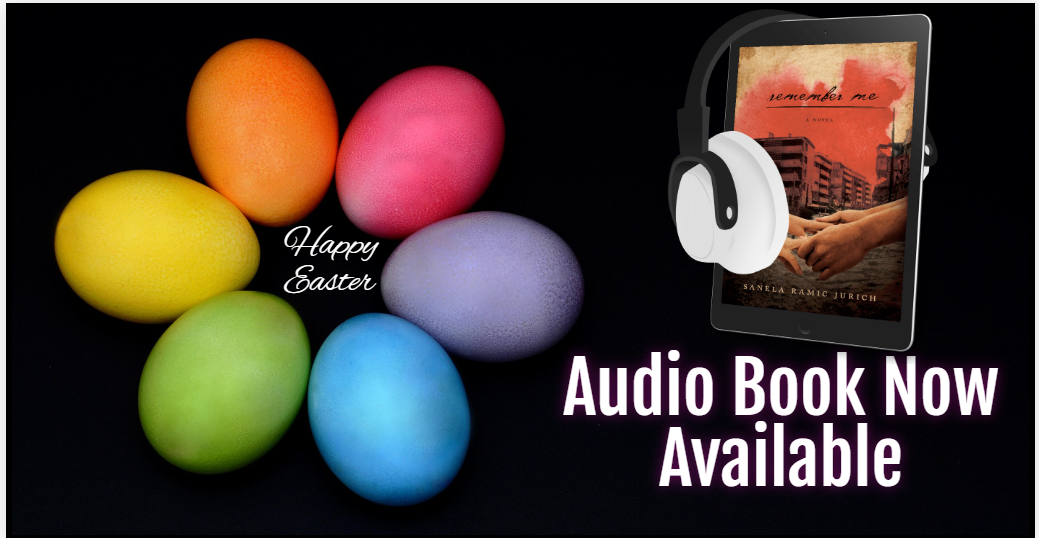
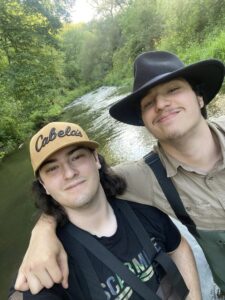
 Let’s be real: life lately has felt like trying to run a marathon through wet cement. In flip-flops. While holding a cactus. Feels like the world is spinning too fast and I’m just trying to hold on without spilling my tea (or tears).
Let’s be real: life lately has felt like trying to run a marathon through wet cement. In flip-flops. While holding a cactus. Feels like the world is spinning too fast and I’m just trying to hold on without spilling my tea (or tears).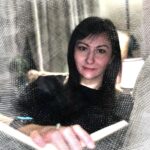
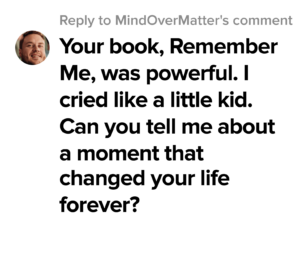


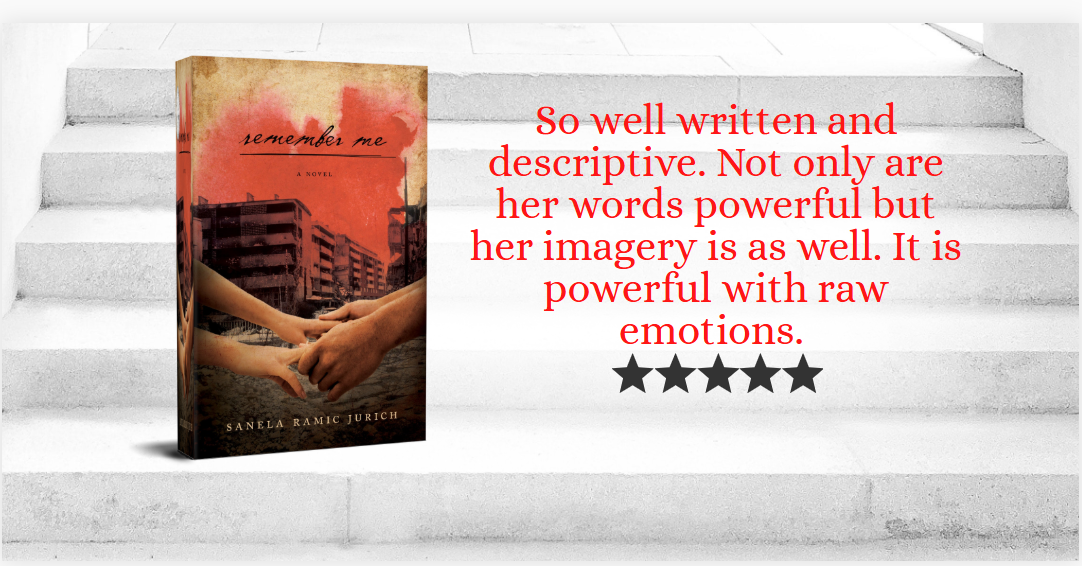

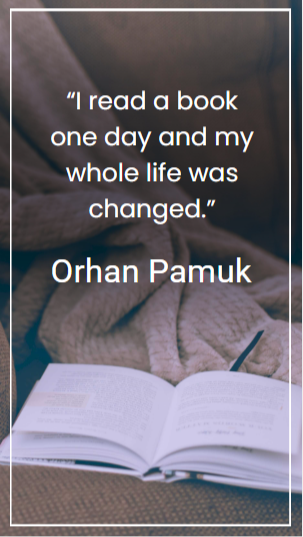 While I can’t share all the details just yet, I can say this—there are incredible things on the horizon. It’s a strange and wonderful feeling to hold a piece of good news close, knowing it will soon unfold into something even more meaningful. For now, let’s just say that 2025 has already surprised me in the best way, and I can’t wait to see where this year takes me.
While I can’t share all the details just yet, I can say this—there are incredible things on the horizon. It’s a strange and wonderful feeling to hold a piece of good news close, knowing it will soon unfold into something even more meaningful. For now, let’s just say that 2025 has already surprised me in the best way, and I can’t wait to see where this year takes me.